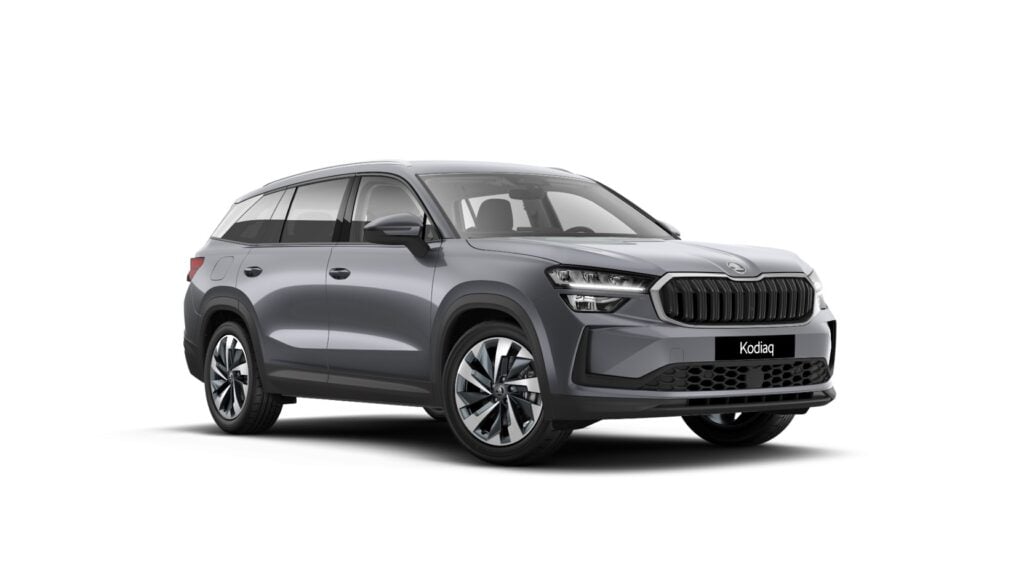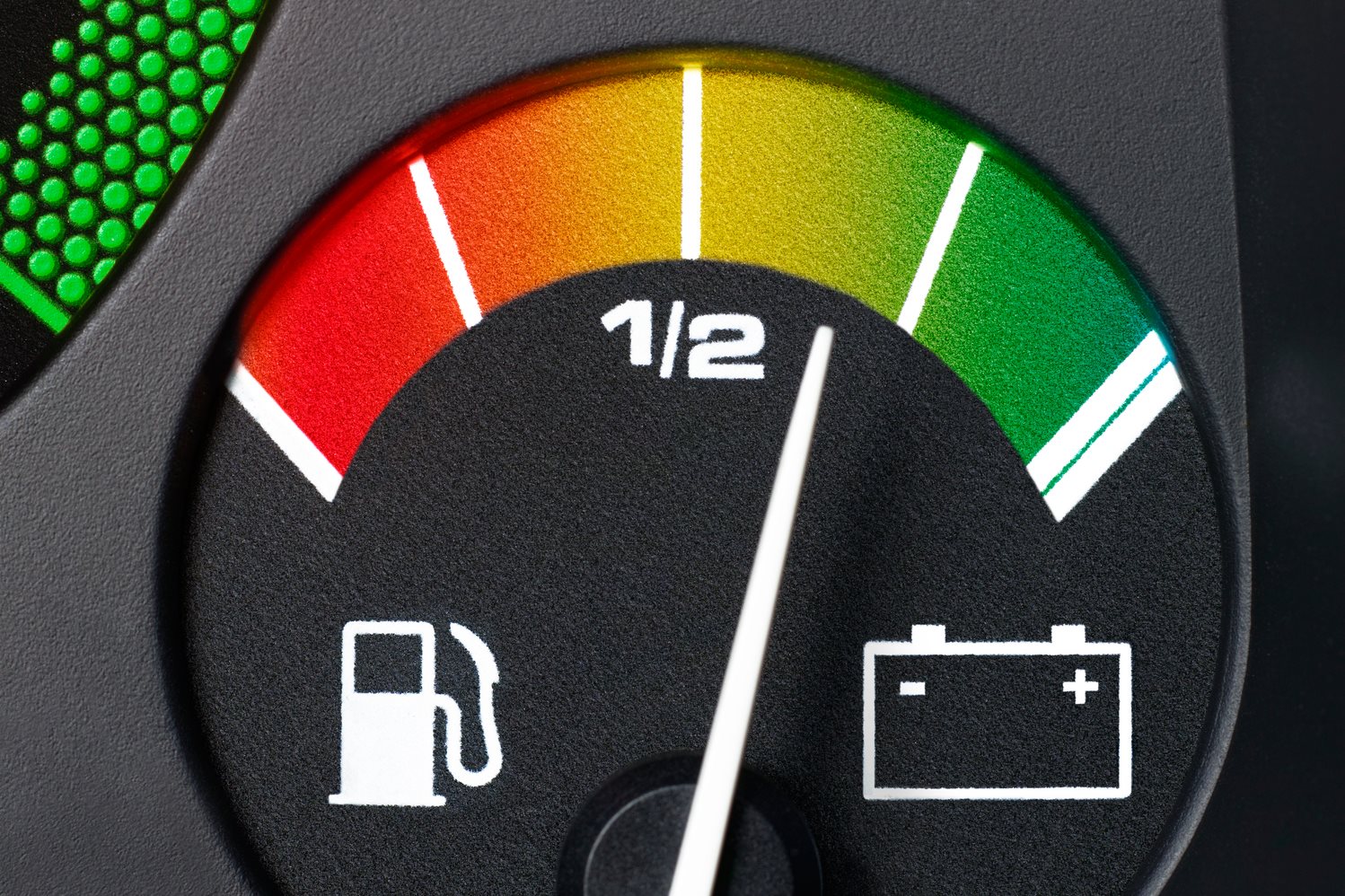
A report by the Electric Vehicle Council of Australia has handed down its findings for 2020 that show a simple misunderstanding is hampering EV take-up despite unprecedented nationwide demand.
According to the State of Electric Vehicles 2020 report, not only are sales of EVs increasing strongly, more people are considering making the switch to electrified transport, bolstered by growing national infrastructure.
Over the past 12 months, pure electric and plug-in hybrid sales have tripled from 2216 to 6718, the national fast-charger network has grown by 42 percent to 350 units, while standard-rate public charging stations number nearly 2000 (up by 16 percent).
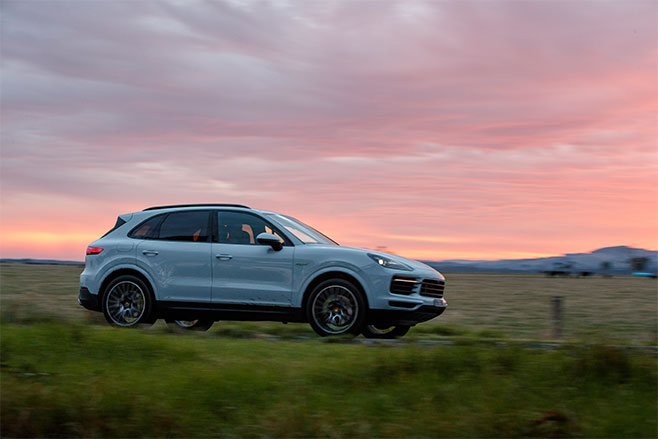
Even more encouragingly, more Australians say they are considering dumping pure combustion power and jumping into an EV or PHEV. Of the nearly 3000 people surveyed, 56 percent said they would consider an electrified vehicle as their next car, up from 53 percent last year and 48 percent in 2018.
Correspondingly, numbers of those who said they definitely wouldn’t purchase an EV dropped from 45 percent to 31 percent. That’s good news for the EV movement, but it could be better…
Critically, the survey also found a key element that is potentially slowing the advancement of electrified vehicles Down Under and preventing the sales of thousands more each year.
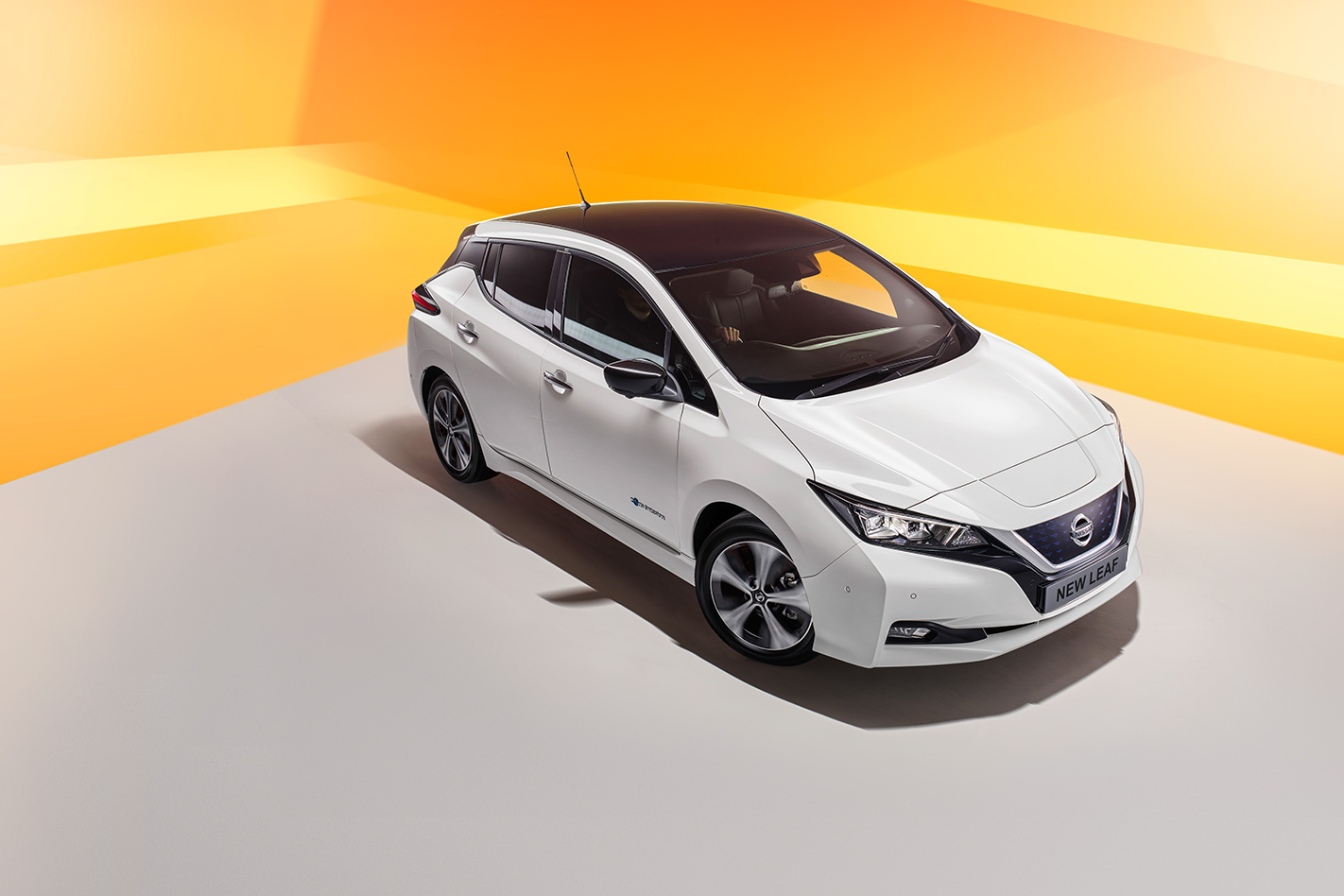
When asked how far the average electric vehicle will go on a single charge, almost 80 percent of respondents believed the answer was fewer than 400km which, according to the EV council is incorrect.
“Australian enthusiasm for electric vehicles is rising markedly, despite the stubborn persistence of myths about range,” said Electric Vehicle Council CEO Behyad Jafari.
“The average electric car for sale on our market today can now take you more than 400 kilometres on a single charge.”
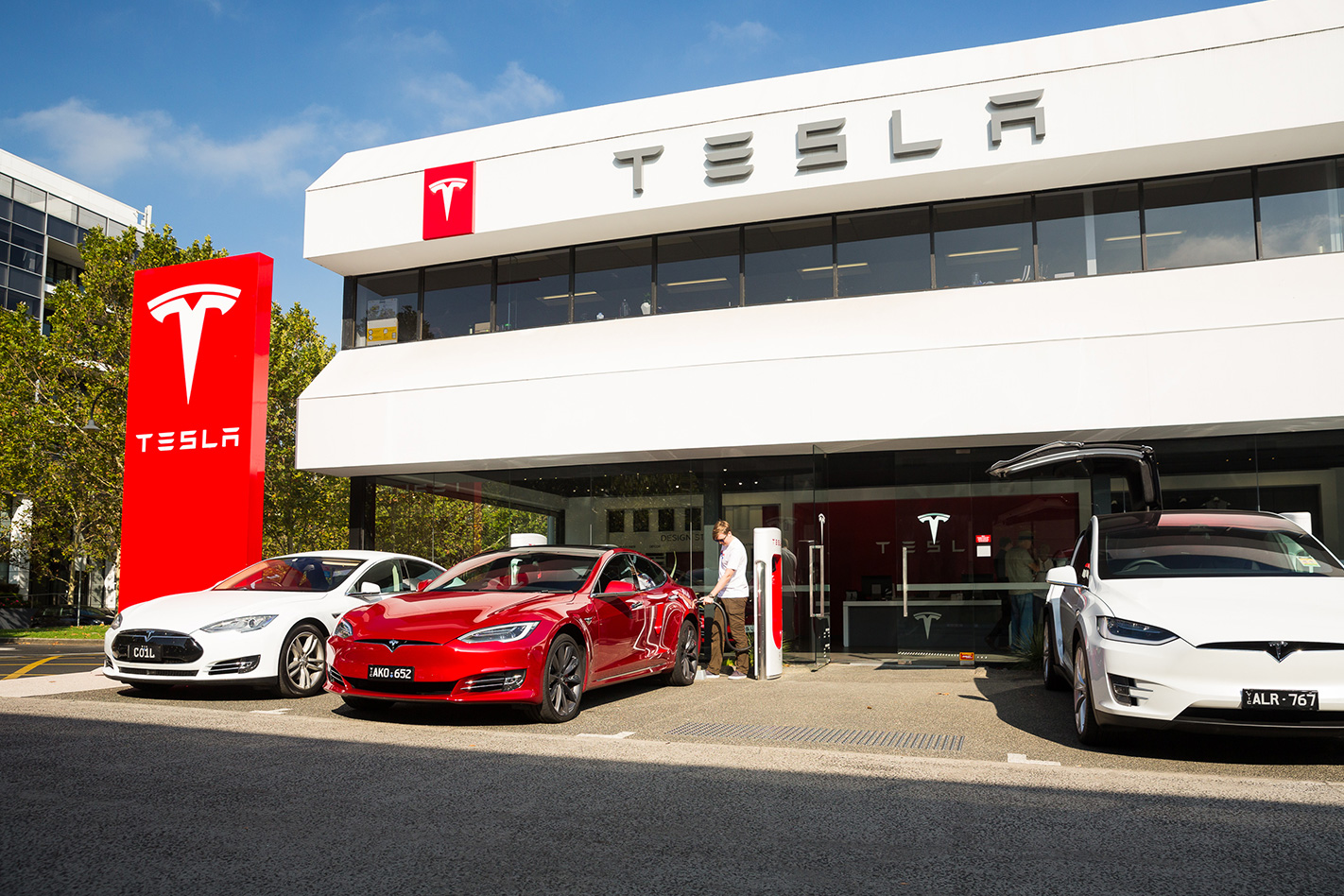
While the report found that so-called ‘range anxiety’ is one of the most frequently cited roadblocks for EVs – 45 percent of respondents said it would stop them buying into battery power – it also highlighted the other key concerns preventing many Australians buying an EV.
Along with range uncertainty, accessibility of chargers, initial purchase cost and charging times are all listed as reasons to stick with combustion power.
Minimal government support on a state and federal level is also singled out as a contributor to EV animosity among Australians.
“Our report shows how much latent potential is just waiting to be unleashed in Australia. Australian drivers are ready to embrace electric vehicles and release the myriad benefits of that transition, but they’re still waiting to get a clear green light from government.”
While the study has confirmed the main reasons many EV-leaning Australians are keeping their hands in their pockets for now, it also identified the most alluring aspects of electrified vehicles.
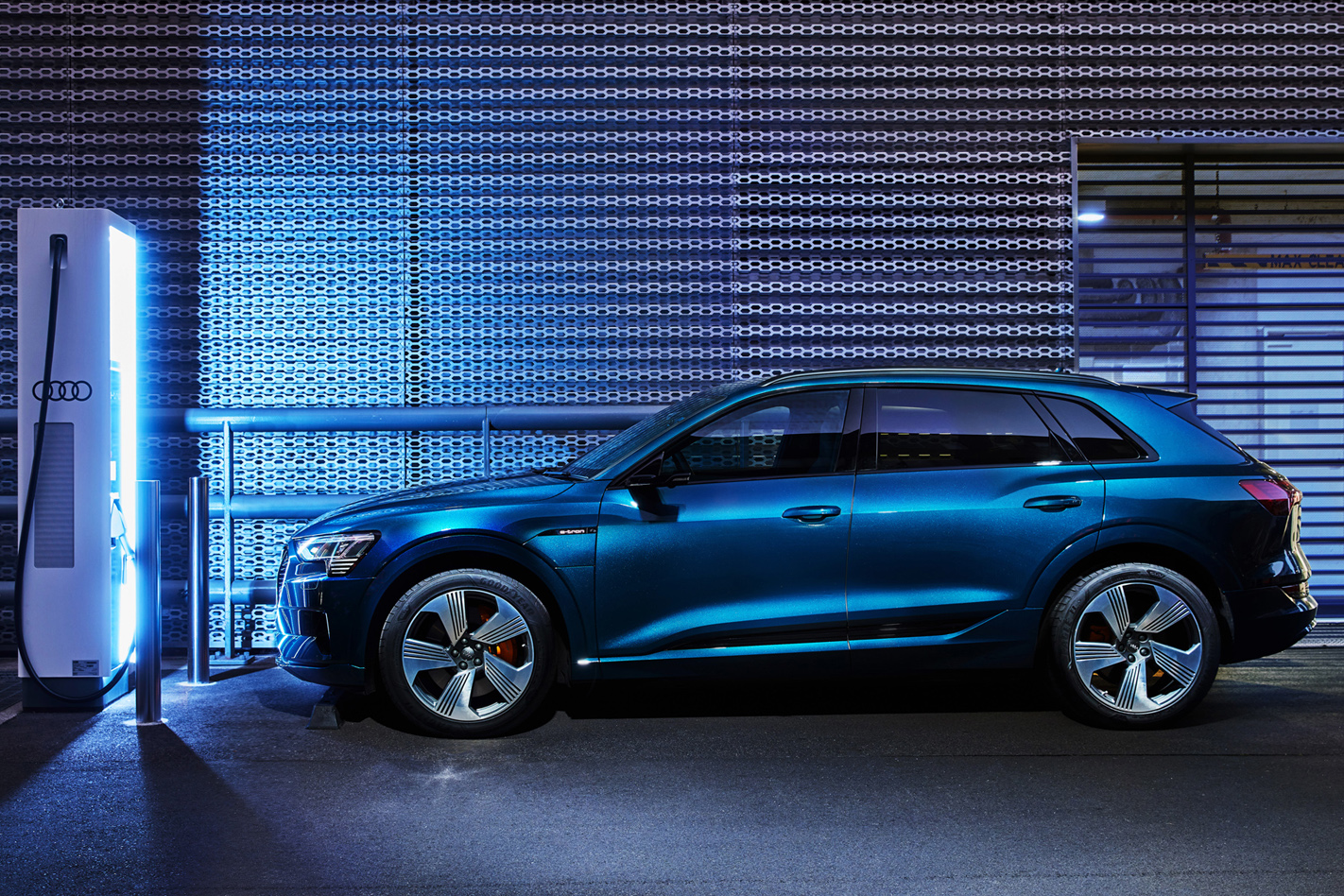
Along with the perhaps least surprising reduced environmental impact, it seems the other advantages of EV ownership are getting through with reduced running costs and performance reported as encouraging attributes by the surveyed participants.


